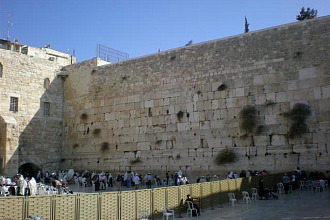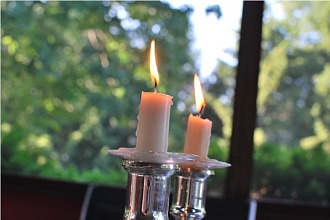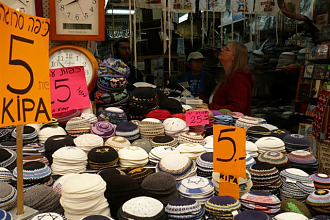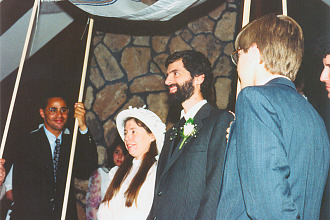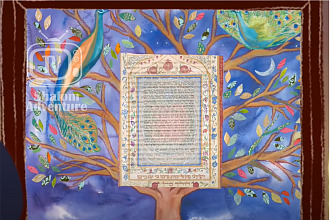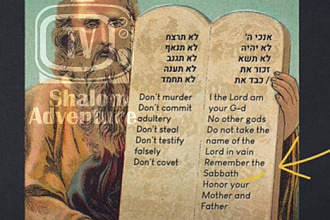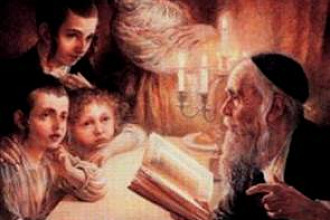Male circumcision is a well known Jewish tradition. Avraham (Abraham) was called by God and highly honored. God said “’I will cause you to be very fruitful.
I will make nations of you, kings will descend from you. I am establishing my covenant between me and you, along with your descendants after you, generation after generation, as an everlasting covenant, to be God for you and for your descendants after you. I will give you and your descendants after you the land in which you are now foreigners, all the land of Kena‘an (Cannan), as a permanent possession; and I will be their God.’
God said to Avraham(Abraham), ‘As for you, you are to keep my covenant, you and your descendants after you, generation after generation. Here is my covenant, which you are to keep, between me and you, along with your descendants after you: every male among you is to be circumcised. You are to be circumcised in the flesh of your foreskin; this will be the sign of the covenant between me and you. Generation after generation, every male among you who is eight days old is to be circumcised, including slaves born within your household and those bought from a foreigner not descended from you. The slave born in your house and the person bought with your money must be circumcised; thus my covenant will be in your flesh as an everlasting covenant. Any uncircumcised male who will not let himself be circumcised in the flesh of his foreskin—that person will be cut off from his people, because he has broken my covenant.’” Genesis 17:6-14
Circumcision was a sign of the covenant between the Jewish people and God. But what is interesting is that this sign of covenant was not given to Adam, Noah, Enoch or many others known to be righteous men of God. So it seems that circumcision was given as a constant reminder that following God means relying on God instead of trying to depending on your own human flesh. Rabbi Jeff’s Jewish Heritage Scripture Studies note in Torah Study Lesson 1. ABRAHAM (Avraham), “It is interesting that circumcision was given to Abraham after he had…a child with Hagar, Sarah’s handmaid. It could have been a rebuke to Abraham for having had relations with someone who was not his spouse, and a reminder to him, and all his children after him, to keep the marriage covenant pure.”
Yet, physical circumcision isn’t the basis of God’s covenant with Israel or anyone. “At that time I will be going against them, bringing them into the lands of their enemies. But if their uncircumcised hearts will grow humble, and they are paid the punishment for their misdeeds; then I will remember my covenant with Ya‘akov(Jacob), also my covenant with Yitz’chak(Isaac ) and my covenant with Avraham(Abraham); and I will remember the land.” Leviticus 26:41-42 God’s covenant with Israel was always based on one’s spiritual relationship with God. The physical act of circumcision alone doesn’t guarantee God’s favor anymore just as an outward compliance with God’s commandments doesn’t mean you are really following God. Giving God your heart is what matters, what you do with your life is a sign of where your heart is.












